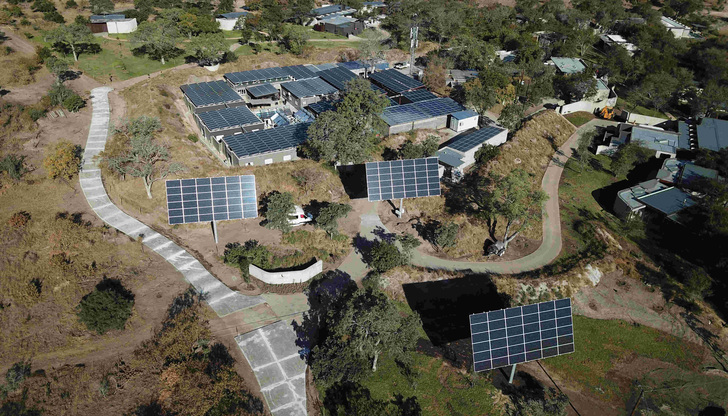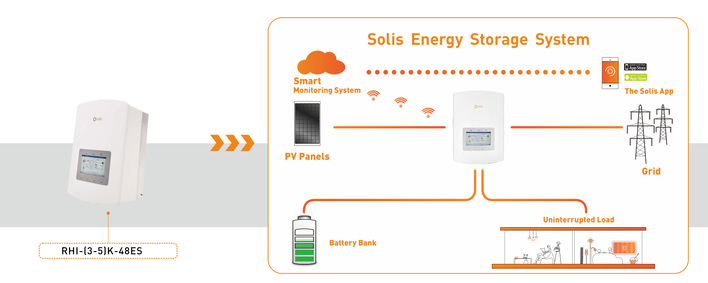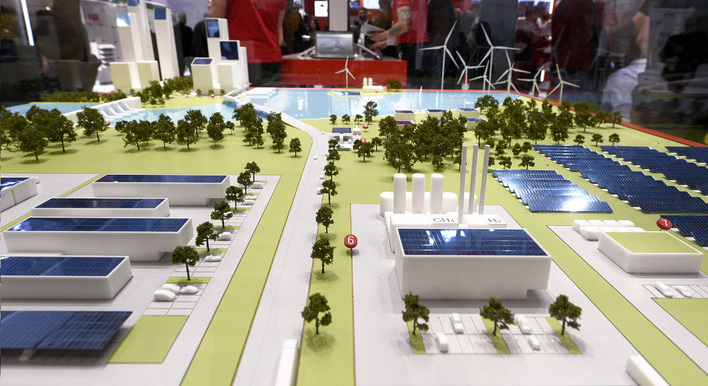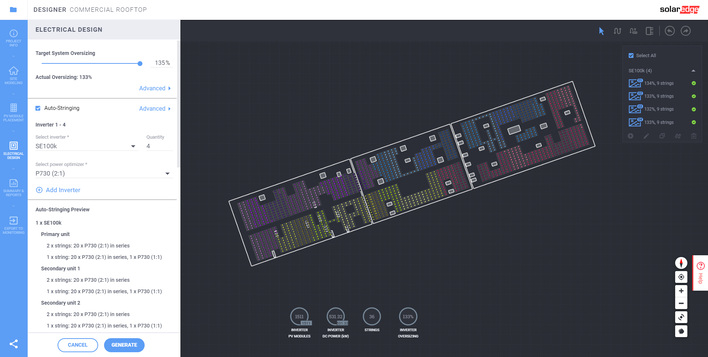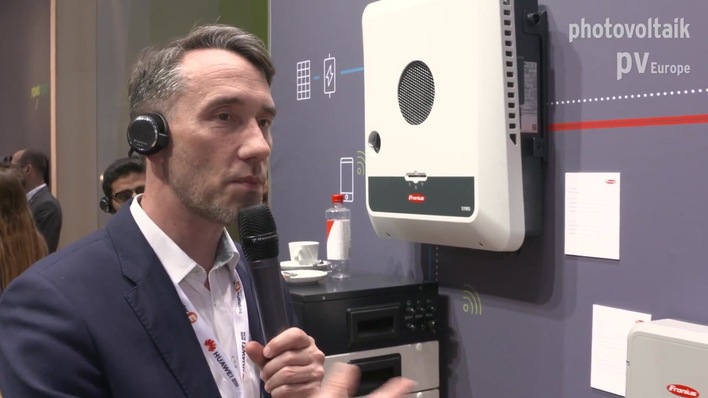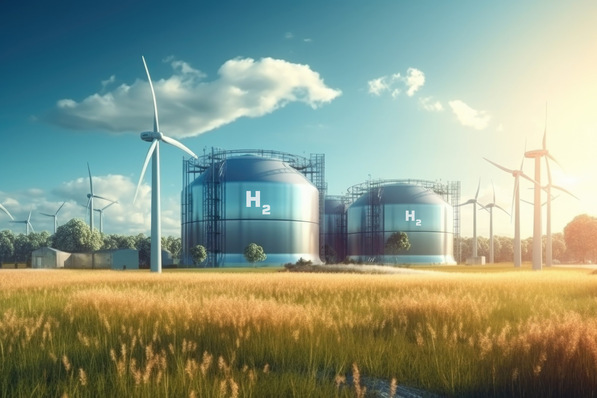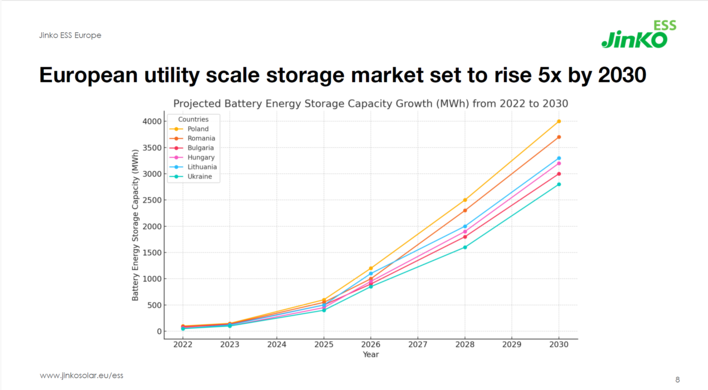In our new segment Topic of the Week, this week we will be delving into the topic of self-sufficiency and how PV can be used to that end:
The off-grid specialists DHybrid and Blockpower have implemented an environmentally friendly, independent renewable energy supply for the Cheetah Plains Lodge, located in Kruger National Park in South Africa. The system comprises three solar plants with 895 photovoltaic modules in total and a lithium-ion battery storage system with one megawatt hour of capacity. A diesel generator which is also integrated into the micro-grid is only utilised during periods of insufficient sunlight to support the storage system. DHybrid’s Universal Power Platform (UPP) monitors and controls all the components in the system and therefore ensures a reliable energy supply at all times.
Total generating capacity of 300 kilowatts
The electricity supply comes from three solar installations with a total generating capacity of 300 kilowatts that provide three-phase power output: a 160-kilowatt roof array, a total of 100 kilowatts mounted on carports and 40 kilowatts on dual-axis trackers. All told, six 60-kilowatt string inverters is used in the installation.
The grid-forming, bi-directional battery inverter with a power output of 250 kilowatts is supplied by the lithium-ion storage system, which comprises Samsung SDI cells and provides a storage capacity of 1,027 kilowatt hours. Both components are housed in an air-conditioned 20-foot shipping container which was designed and built by Blockpower and DHybrid in accordance with international standards.
The diesel generator has a power output of 150 kilovolt-ampere and can be controlled remotely. Real-time monitoring and remote grid maintenance occur via VPN using a SCADA system developed by DHybrid. Additionally, the UPP offers access to historical data via the DHybrid web portal.
Custom-engineered electric safari vehicles
“We have partnered with some of the world’s pre-eminent minds in the renewable energy field to provide clean energy solutions that drive both our hospitality and safari experiences here at Cheetah Plains,” says proprietor Japie van Niekerk. In addition to the new and quiet energy supply, the lodge uses custom-engineered electric vehicles for its safaris. A separate grey water recycling system as well as a sewage treatment plant have also been installed on the premises to minimise water consumption and environmental impact.
In the interest of modernisation, the lodge has been equipped with a micro-grid which is capable of reliably supplying electricity even to large three-phase energy consumers such as cooling systems or motors. The peak power output available for the lodge has been increased four-fold to 250 kilowatts since it switched over to the micro-grid from its previous energy supplier, the local public utility ESKOM.
Maximise the use of RE
“The new energy system does not just increase security of supply; it also ensures grid quality. Moreover, carbon emissions and noise pollution are both reduced,” DHybrid CEO Benedikt Böhm reports.
For many kinds of technical equipment, good grid quality is indispensable; for others, it extends their lifespan. This quality is reflected in the stable line voltage and frequency which DHybrid’s UPP provides. The system continuously monitors all the important grid parameters and facilitates automated operation. In order to reduce operating costs along with carbon emissions, the system controls the connected energy generators and energy storage in a way to maximise the utilisation of renewable energy. Additionally, the UPP ensures high security of supply without disruptions.
Generators can be used simultaneously
Unlike traditional independent micro-grids that either the operation of the diesel generator or the solar array at any given time, the UPP can control different power generators simultaneously. This makes the entire system noticeably more efficient, meaning that the diesel generator only needs to be switched on during periods of unusually high energy consumption or periods of bad weather. This reduces fuel consumption, noise pollution and the impact on the environment while extending the generator’s lifespan. (mfo)
In case you missed it, here is Part 1. Tomorrow we will leave the dusty plains of Africa behind and head up to the high mountains of the Austrain Alps.


